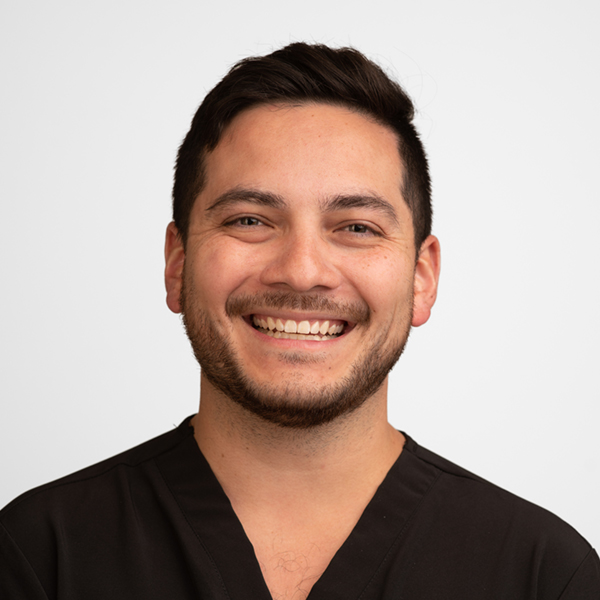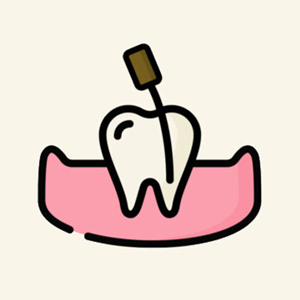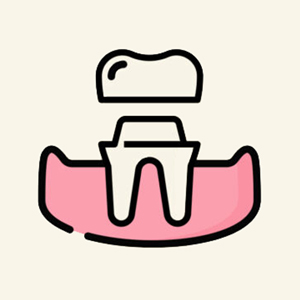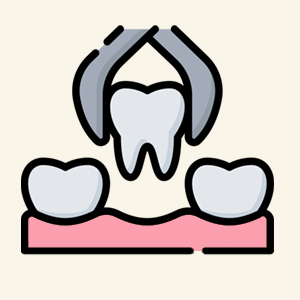Why Choose Chinook Dental Group?
Four Dental Specialties
Receive comprehensive care for four dental specialties.
Appointments Available
Receive timely care and schedule immediate appointments.
No Judgement Services
Receive dental care without feeling embarrassed or uncomfortable.

Dr. Javier Cabrales
Dr. Javier Cabrales completed the Graduate Periodontics program at the University of Manitoba in June 2020. Prior to his periodontal training, he received his DMD from the University of Saskatchewan in 2014 and thereafter worked as a general dentist for 3 years prior to entering postgraduate studies.
As a trained periodontist, he specializes in the placement of dental implants and the management of periodontal disease.
Dr. Cabrales is fluent in English and Spanish and was drawn to Calgary for its mountains. When not at work, he enjoys long walks with his dog, snowboarding, cycling, and playing sports such as soccer and squash.
What is periodontal disease?
Periodontal disease, also known as gum disease, is a condition that affects the gums and surrounding structures of the teeth. It is caused by the buildup of plaque and bacteria, which can lead to inflammation, bleeding, and eventually, tooth loss.
A periodontist is a dental specialist who is trained to diagnose and treat periodontal disease. At Chinook Dental Group, our periodontist provides a range of treatments, including scaling and root planing, gum grafts, and dental implants, to help prevent the progression of the disease and restore the health of the gums and teeth.

When should you see a periodontist?
A periodontist should be consulted if you experience any symptoms of periodontal disease, such as red, swollen, or bleeding gums, receding gums, persistent bad breath, or loose teeth.
Additionally, if a regular dental exam reveals signs of gum disease, such as plaque buildup or pockets between the gums and teeth, a periodontist may be needed for further evaluation and treatment.
It is also recommended to visit a periodontist if you have a family history of gum disease or if you are at a higher risk for developing the condition, such as those with certain medical conditions or who smoke.


How do we treat periodontal disease?
Our periodontist will first diagnose periodontal disease by examining the gums and measuring the depth of the pockets between the gums and teeth. We may also take X-rays to assess the extent of the damage.
Treatment options may include scaling and root planing, which involves cleaning the infected areas below the gumline and smoothing the roots of the teeth to prevent bacteria from re-colonizing. Your periodontist may also recommend antibiotics to help fight off the infection.
In advanced cases, surgery may be necessary to remove infected tissue and repair damage to the gums and bones. Regular maintenance cleanings and good oral hygiene are also essential in preventing the disease from returning.






